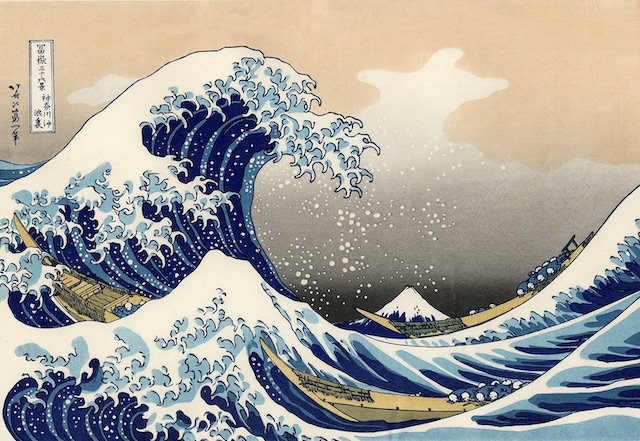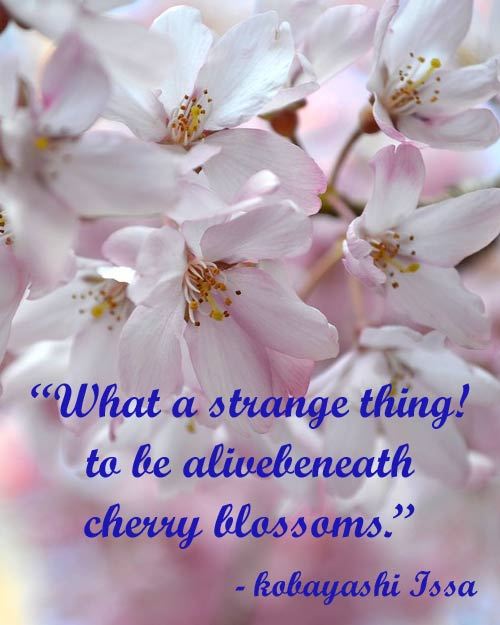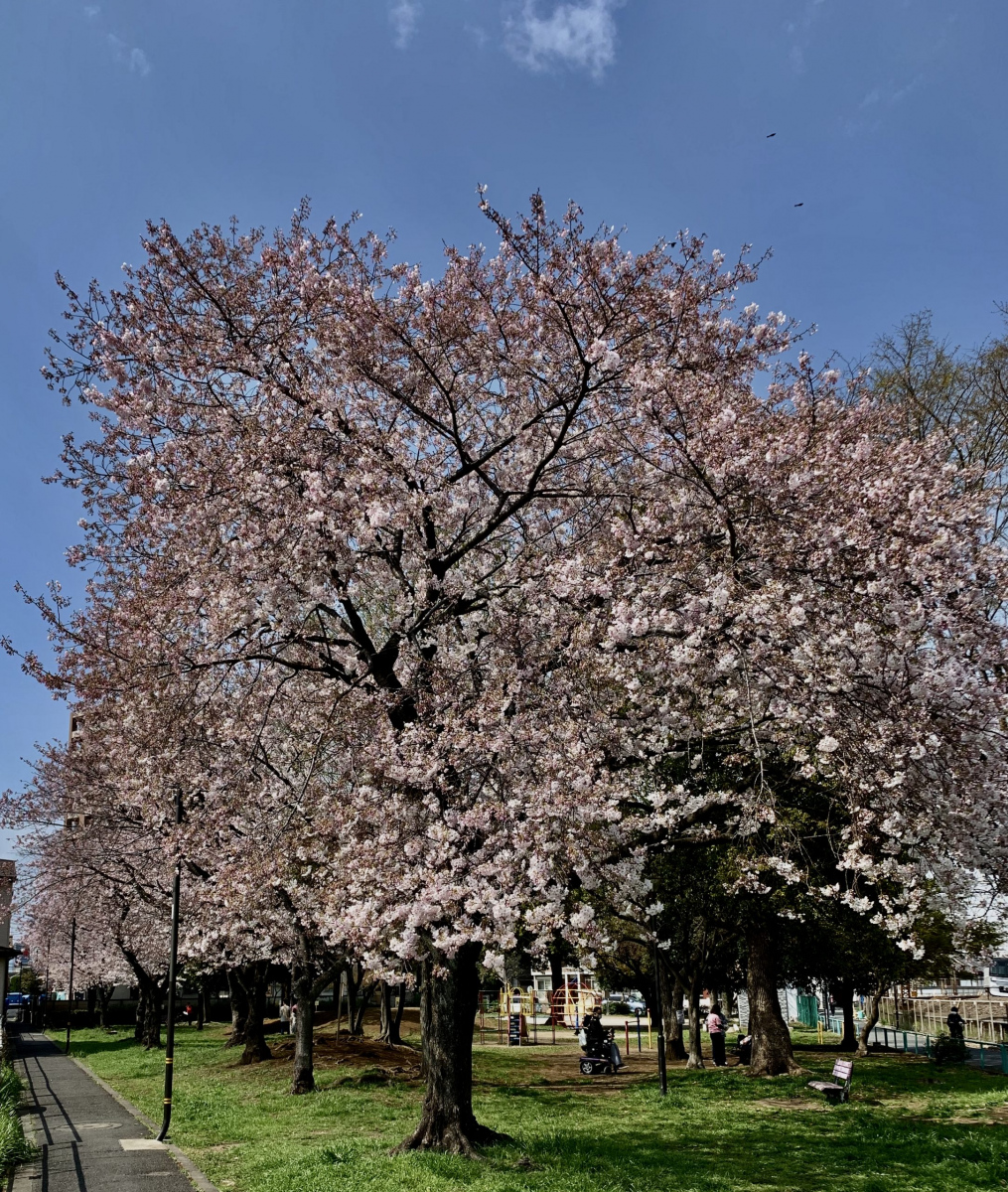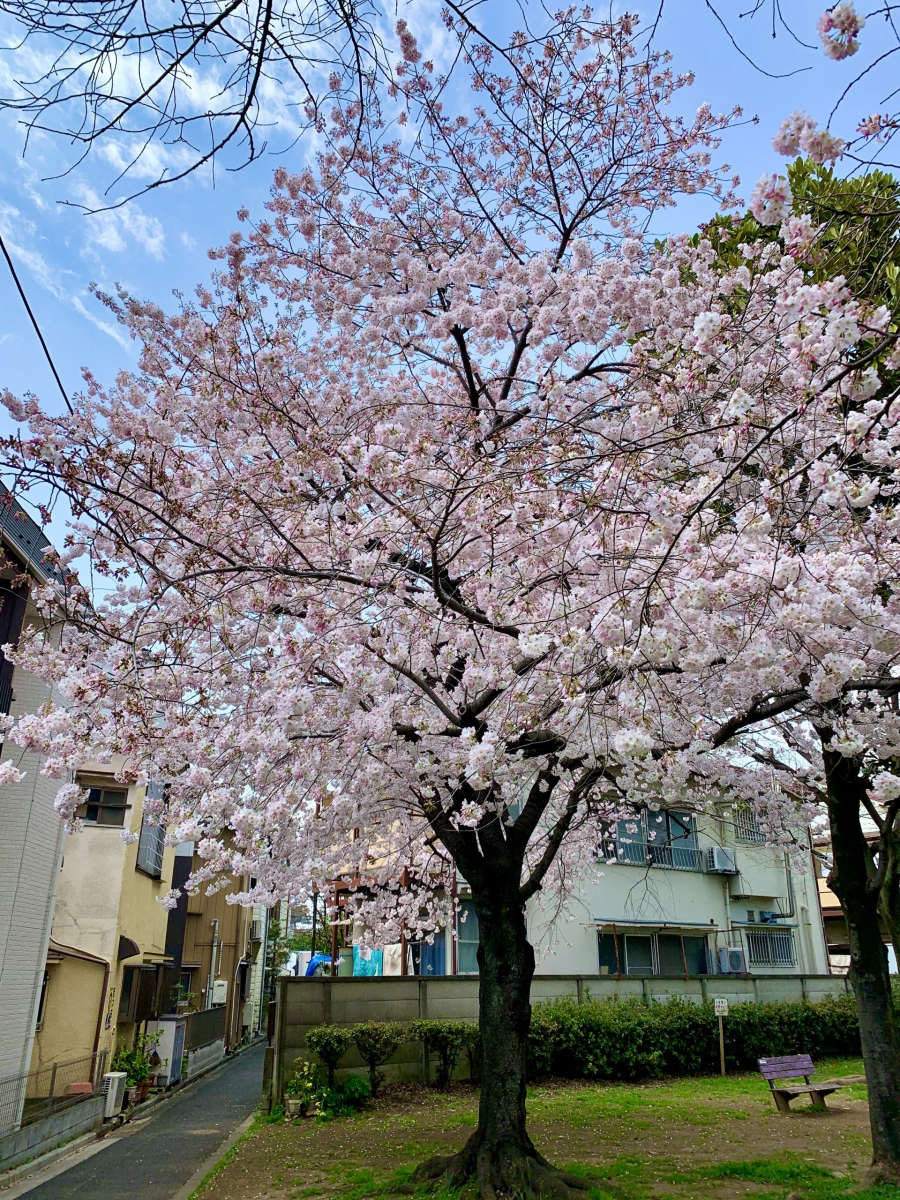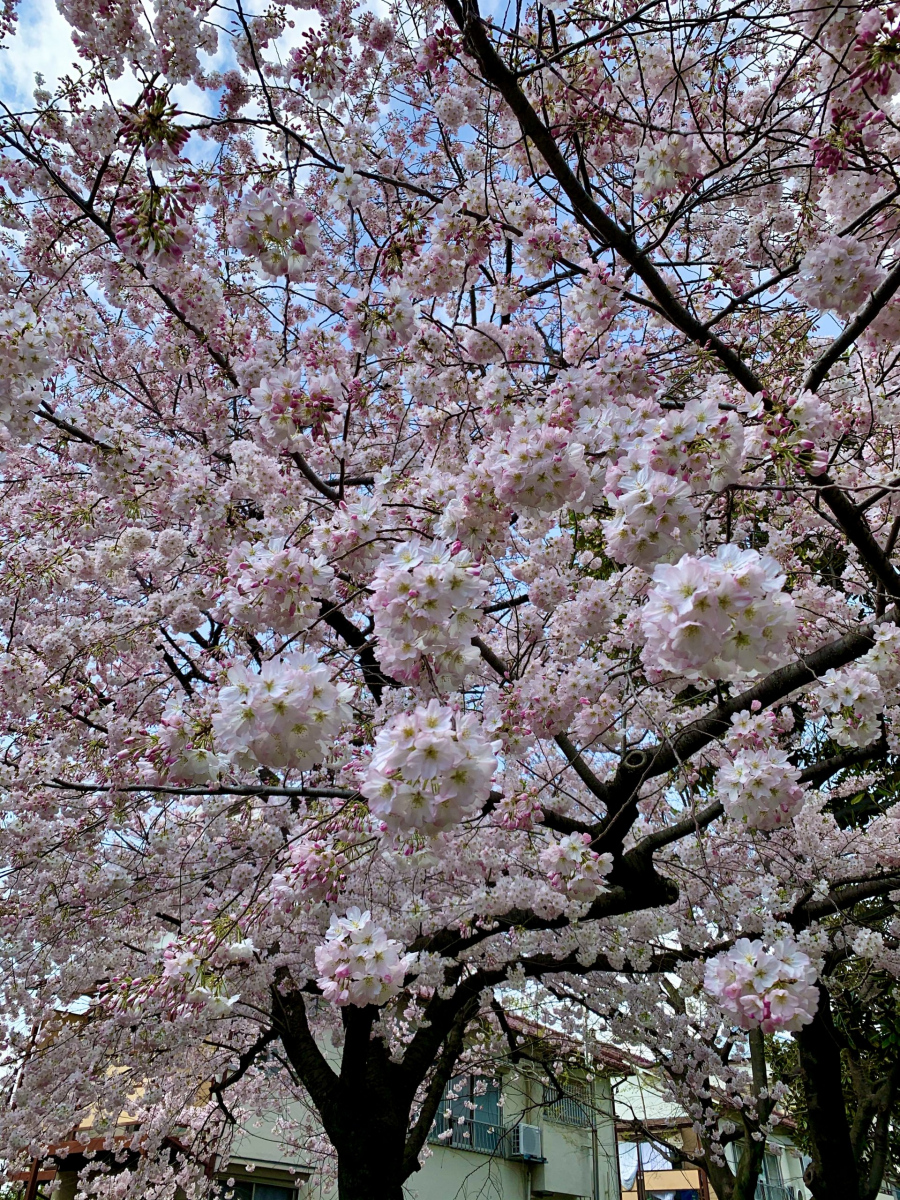On March 23, 1971 the United States Congress passed the 26th Amendment to the Constitution lowering the national voting age to 18. The 26th Amendment was promptly ratified by the necessary three-fourths of state legislatures and took effect on July 1, 1971.
The
amendment’s adoption ended a 30 year effort to enfranchise young American men
and women who were called upon to defend their country but were not allowed to
vote.
Most accounts about this historic event either do not recognize or fail to appreciate the level of political resistance and fear that denied extending the right to vote to 18-year-old citizens. The last thing political leaders of both parties wanted was to allow nearly 12 million new young men and women the right to vote. There is little discussion of the fact that the arguments that those old enough to be drafted for military service should be able to exercise the right to vote had been endorsed by politicians for years but Congress never acted. Many simply attribute the success in 1971 to Congress responding to the protests and turmoil surrounding the unpopular Vietnam War. But there was far broader and deeper support than political pundits realized.
However, in the 91st Congress (1969-71), despite that growing support and the positive rhetoric and endorsements, it was never certain that the Congress would ever pass a constitutional amendment to lower the voting age or that a sufficient number of states would eventually ratify it.
While the
anti-war movement and the media coverage certainly played a major role in
shaping public opinion, it was the dedicated student and other young voting-right
activists, not the protestors, who organized youth all across the country to deliver
a positive political message and created a massive grass-roots lobbying effort that
finally captured the attention of state and federal legislators.
And it was
an organization called the Youth Franchise Coalition (YFC), created to focus that
movement’s energy on the U.S. Congress, that helped change the political
dynamics. Believing that the Congress had the power to change the voting age,
the YFC advocated the use of the legislative process to secure the path that
quickly led to the adoption of the 26th Amendment to the
Constitution.
The
Congress actually lowered the voting age to 18 on June 17, 1970 when it passed
a bill extending and amending the landmark Voting Rights Act of 1965 that
included a provision that lowered the voting age from 21 to 18 in federal,
state and local elections. President
Nixon signed the bill into law on June 2, 1970 but questioned the
constitutionality of the voting age provision.
The constitutionality
of the provision was immediately challenged in the Supreme Court (Oregon v. Mitchell). On December 21, 1970, the Supreme Court struck
down the part of the provision lowering the voting age in state elections as
unconstitutional but upheld the part of the provision that lowered the voting
age in federal elections.
In order
to correct this injustice and avoid the confusion and increased costs facing by
local and state governments, the 92nd Congress quickly adopted a
constitutional amendment establishing 18 as the uniform national voting age.
I am hopeful that a new book, “Let Us Vote”: Youth Voting Rights and the 26th Amendment, forthcoming later this year from New York University Press, will help renew interest in this important subject at a time when efforts to suppress rather than encourage voting and other efforts to limit citizen voting rights dominate the political agenda. It is time for a new generation of voting rights activists to make their voices heard.
Read Americans Can Vote at 18 Because of Congressional Action 50 Years Ago at https://historynewsnetwork.org/.

